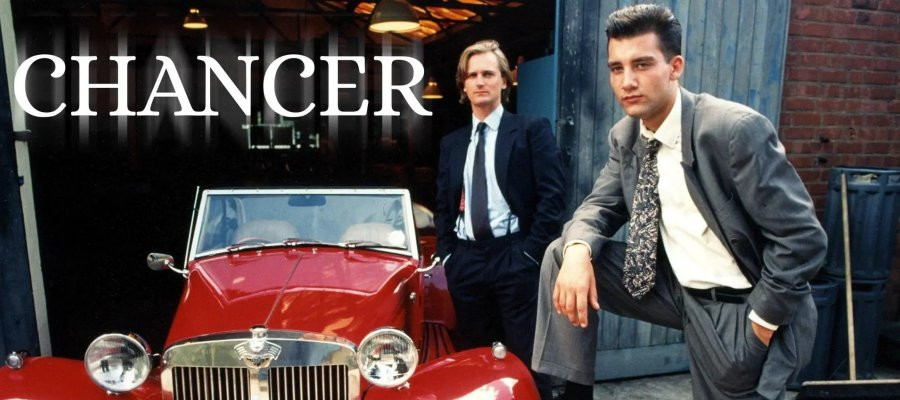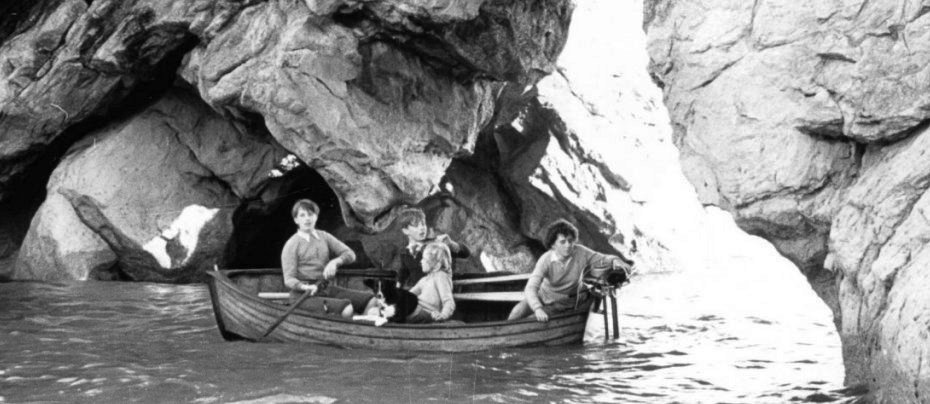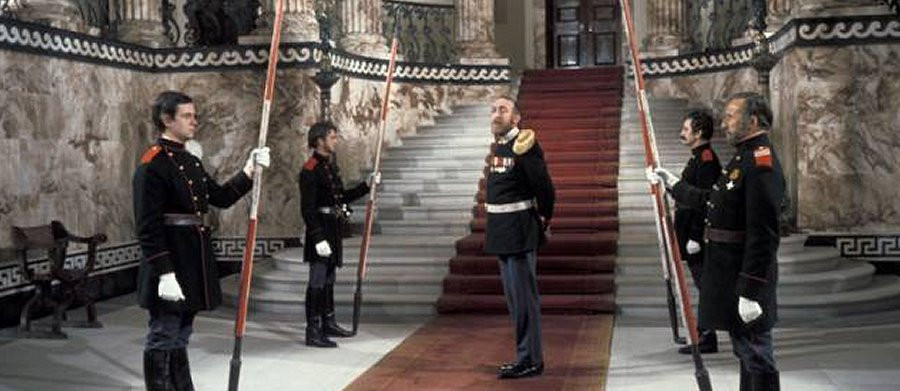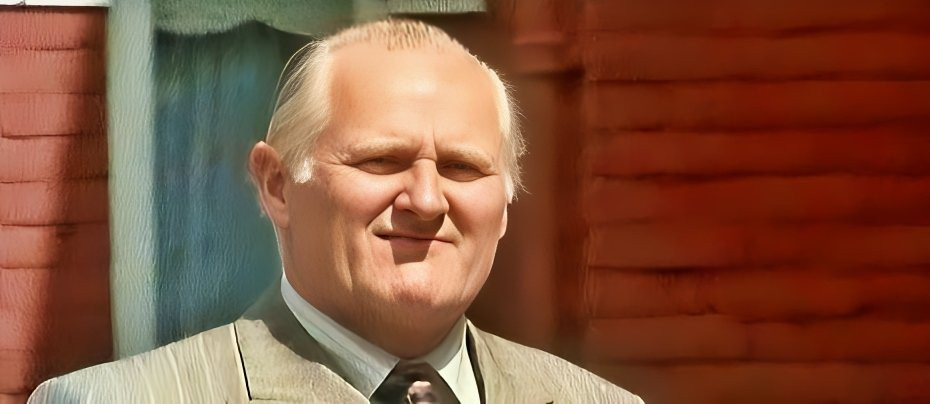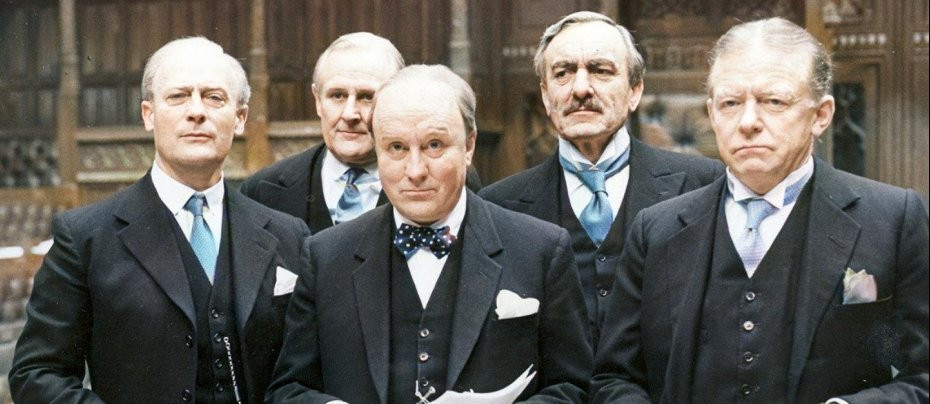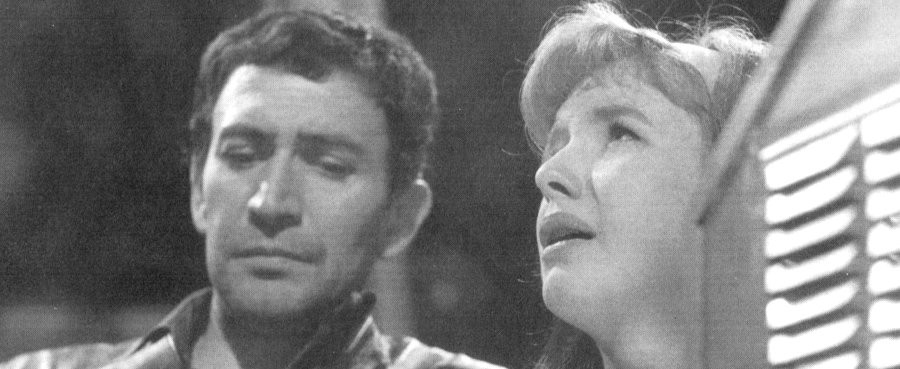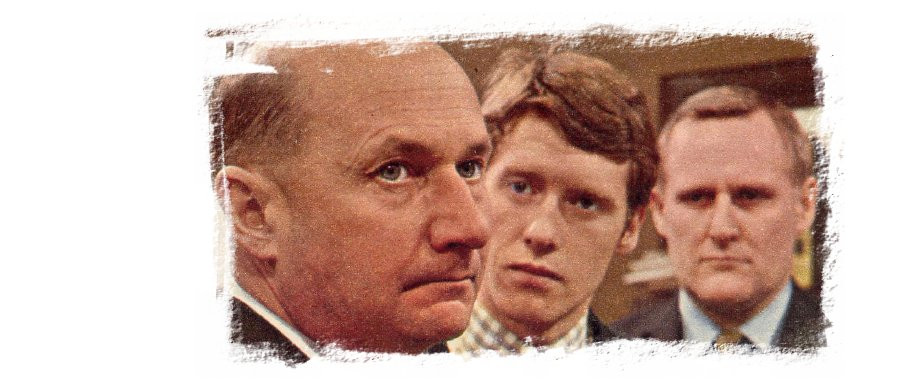
The Move After Checkmate
1966 - United Kingdom"I've waited 27 years to get Sellman and tonight I've got him...because I've got his son."
Michael Crawford is caught between two long-time adversaries who use him as a pawn in their grudge fight in this Play of the Week presentation from May 1966. On either side of him are Donald Pleasence and Peter Vaughan as the old enemies. Pleasence plays a police chief into whose hands the boy falls. Vaughan plays the boy's ex-gangster father. Crawford had recently been awarded the title of Most Promising Actor of the Year by the Variety Club of Great Britain for his performances as an acid tongued, scooter-riding mod, on television and for his part in the London stage play Travelling Light.
The Move After Checkmate was a departure for Crawford and was far removed from the comedy parts that he was already gaining a reputation for. Here he plays Tony Sellman, a public schoolboy who, after a few drinks, crashes his Jaguar and seriously injures his girlfriend. Superintendent Smith recognises his name. Tony's father is a successful business-man - but 27 years earlier he was a gangster known as "Big Tony." Smith believes the father responsible for three killings which were previously filed as unsolved cases. Unable to prove Tony's guilt back then, Smith sees an opportunity to fulfil an ambition that has been something of an obsession for years and works single-mindedly to finally get his man.
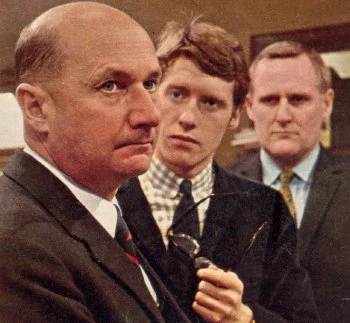
Sellman senior reverts to his old ways and begins getting together a mob of thugs...It was the first time that Donald Pleasence and Peter Vaughan had appeared together in leading parts even though they had shared a flat in Bayswater in the days when they began their acting careers.
The Move After Checkmate, written by Barry England and also starred Derren Nesbitt and John Woodvine was an Anglia production broadcast at 9.40pm on Monday 2 May 1966 and was directed by Alvin Rakoff. Producer was John Jacobs.
Seen this show? How do you rate it?
Seen this show? How do you rate it?
Published on April 3rd, 2020. Written by Based on original TV Times article and adapted for Television Heaven.


